Introducing the Aridola
There are stories woven into the fabric of Terminus that are barely remembered, even by the people who first told them. If not for the infinite record of deities like Ocirico, or the studious searching of keepers, the majority of most lives would be forgotten. That is the nature of the fallen: they are mortal and thus fleeting, rising and falling like grass, needing the archives of the immortal to keep their memory alive.
A memory is an oddly shaped thing. In your mind it can be grasped like a well-weighted stone, the sort that feels good to toss in your hand as you amble beside a river. To your companion, however, that same memory is also a stone, but hot and heavy in their palm. It radiates, perhaps with joy, perhaps with pain, alive in a way that your stone will never be. To observers it is the same stone, the same moment shared between friends, but when either of you hold it aloft that memory might as well be two different events.
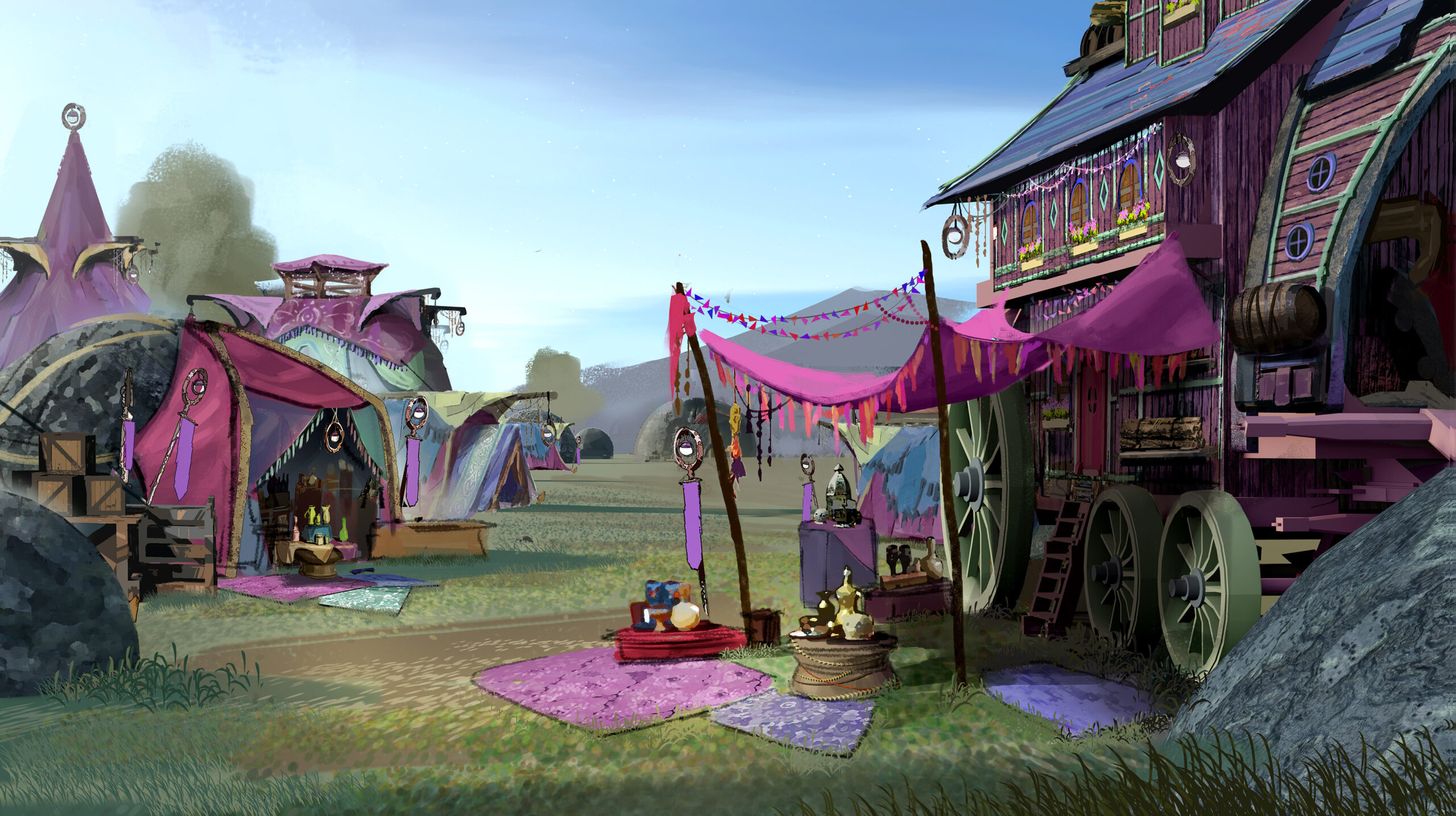
Among the most ancient races of Terminus, there are shared legends that also reveal the deepest of differences. Stories that burn hot and heavy to one people, cold and lifeless to another. Then there the tales unremembered. Shuddered off, drifting wordlessly to the bottom of the river until someone else picks them up farther downstream and asks, “mmm, I wonder what this is about?”
The Aridola are a people born of that question. Of their own history they know very little and share even less, instead stewarding the wisdoms of the forgotten peoples of Terminus. This tradition is not by accident or oversight, but rather by intent. In fact, the Aridola are said to be the very people who seeded a now widespread belief that maps invite misfortune, or more plainly, that a map is simply bad luck. To this day, the Aridola believe that any link to their own past will only invite the unspoken horror that dwelt within it.
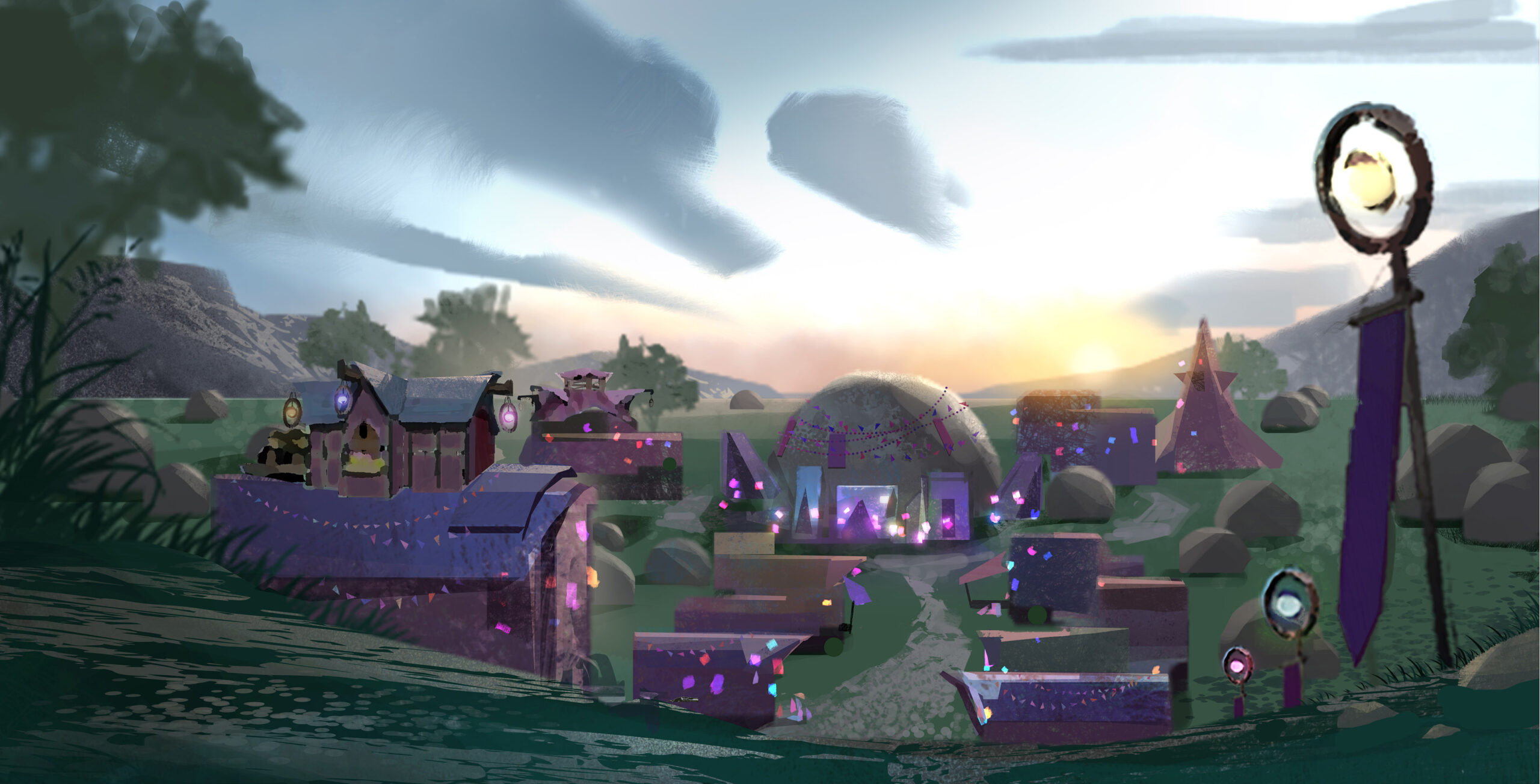
With this dour introduction, you might assume the Aridola are a shadowy, suspicious people, but that could not be further from the truth. Their culture is shaped by dance and song, surrounded in myth and mysticism, alive with joy and hospitality. Living in nomadic tent villages called “woda”, the Aridola have no permanent home. No nation they hail from or land they will someday return to, nothing but their woda and peoples to protect. They subsist off a mixture of their own provisions, limited harvesting of resources, and trade with locals. Thus, it is said that as long as there are birds in the air or fish in the sea, the Aridola will have a place to dwell. They’ve never met a stranger, have few foes, and even have a legacy as bear trainers, at times being seen riding the great Oggrym. (This is where the “ari” portion of their name is believed to have originated, for they did not give the Aridola title to themselves).
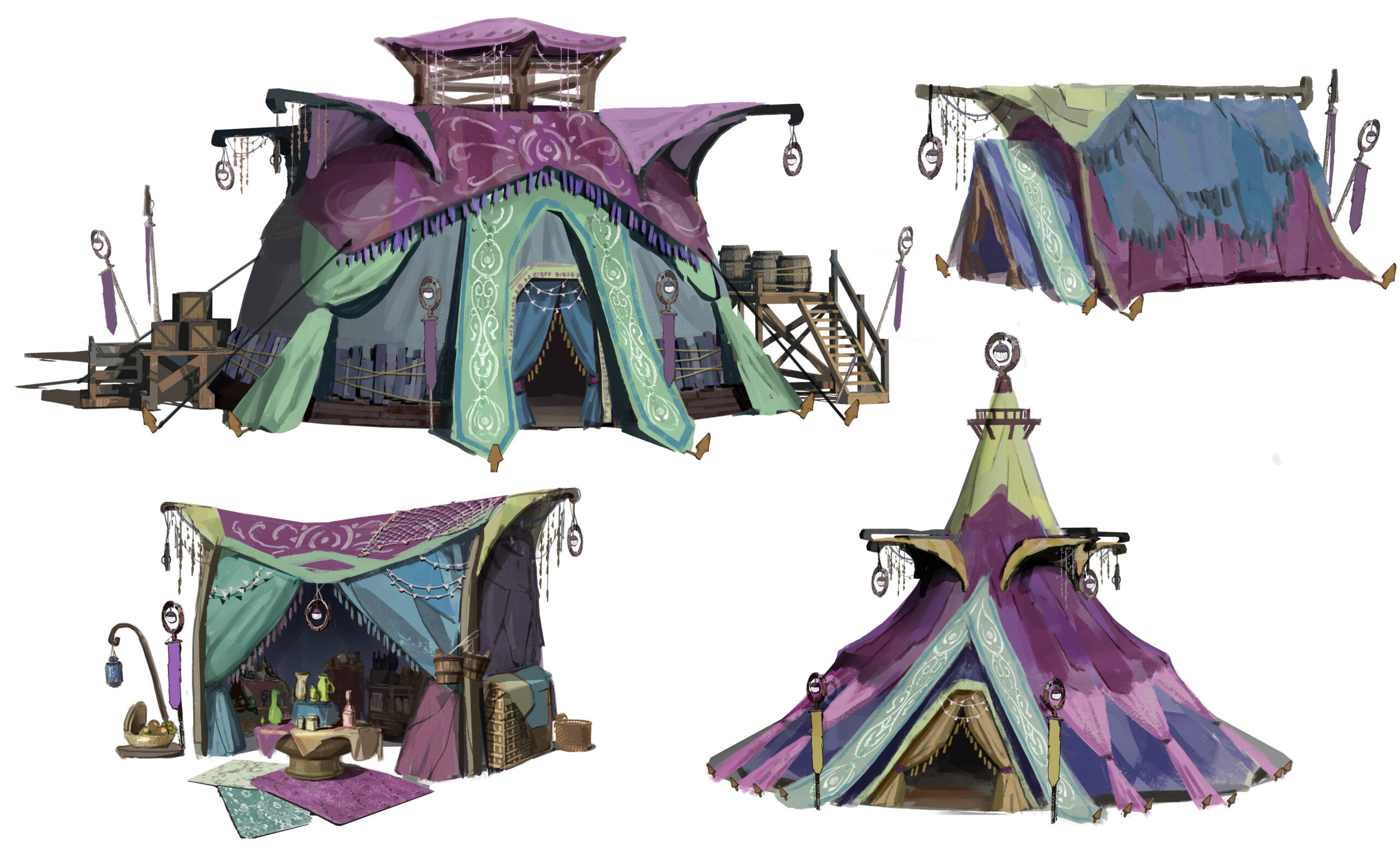
Aridola myths and stories are shared only by oral historians. This practice has its roots in a great diaspora of the people who became the Aridola, when their “great storehouses of wisdom” were utterly destroyed. That which they could not carry in their hearts and minds was lost forever. Therefore, the practice of storing wisdom and knowledge in the “indestructible vault of the soul” became one of their few enduring traditions. Losing most of their own history, the Aridola began to memorize and share the lost narratives of cultures found in their travels, instead of remembering their own.
Music often accompanies the sharing of these narratives and is a foundational aspect of Aridola culture. Drums, stringed instruments and flutes, as well as hybridizations of these instruments, many of which are not duplicated in the rest of the world. Dance and song attend every gathering, mixing their own style along those of other cultures they have invited in. While Aridola woda have variations throughout the globe, most share these basic customs. (Thus, it is not uncommon for members to stay with one group for several months or years, before passing on to the next.)
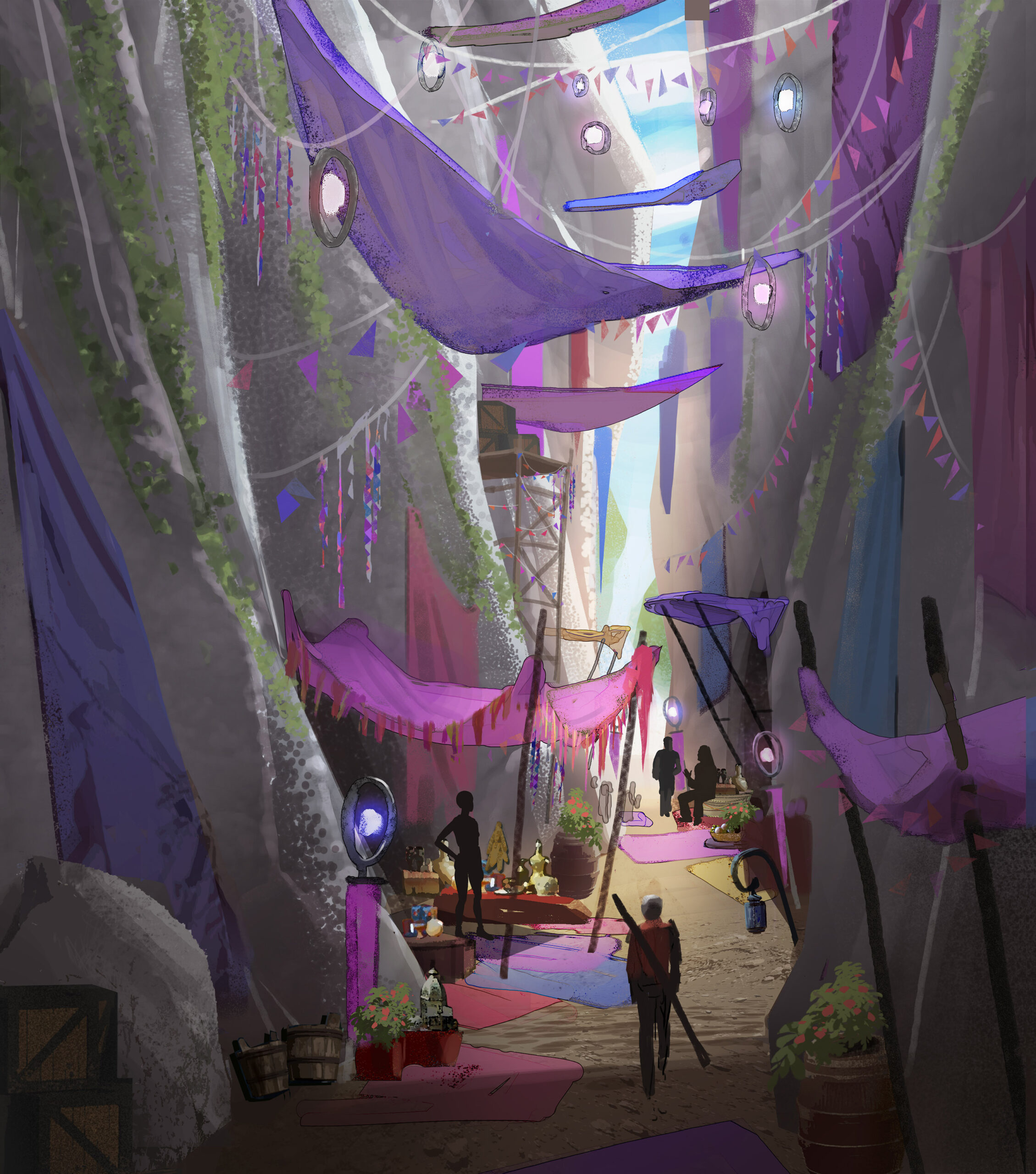
The Aridola tale is not complete without at least mentioning their seaborne counterparts, the Detidola. While little is known about the Aridola past, far less is even suggested about the Detidola, aside from how they exist today. Dwelling in water-bound equivalents to woda, the Detidola spend their entire life on the sea in communities of rafts, ships, and even floating chunks of land. Aridola and Detidola use a term similar to “cousin” to describe each other, but aside from a mutual warm and hospitable nature they have little in common. While Aridola may move from one woda to the next, a transition from Aridola to Detidola is far more difficult. Life on the open sea seems best endured if begun in childhood, while few Detidola can tolerate life on land. (This is due to the months or even years of “landsickness”, where the relative stability of land works against Detidola seaborne equilibrium.) The Detidola no doubt have their own tales of the sea, but carry little of the storytelling fervor of their land-based brethren.
Perhaps it is fitting to close with a tale that is sung around all Aridola fires, that of ‘The Carpenter and the Queen’. As it goes there was once a beautiful island queen. (Of course, she was beautiful, for as the Aridola say, “the most handsome king is a king you cannot see.”) This queen was beautiful, yes, but also quite ruthless, conquering each of her rival nations while still young in her rule. Finished with conquest, her throne was carved into the highest cliff on the tallest mountain on the island, from which she surveyed her empire and the seas beyond, believing she had conquered the world. (According to the song, these people believed there was only their island and the sea in all of existence. None had ever ventured beyond the shore). Yet one night the queen awoke from a terrible dream and before the sun had risen, she summoned her most skilled rulers to lend their wisdom. As the flames of her throne room whipped in the wind atop the cliffs, the queen exclaimed she had witnessed a new world in her dream, a land beyond the sea that she must conquer. She demanded that that they find a way to reach that land, under pain of death.
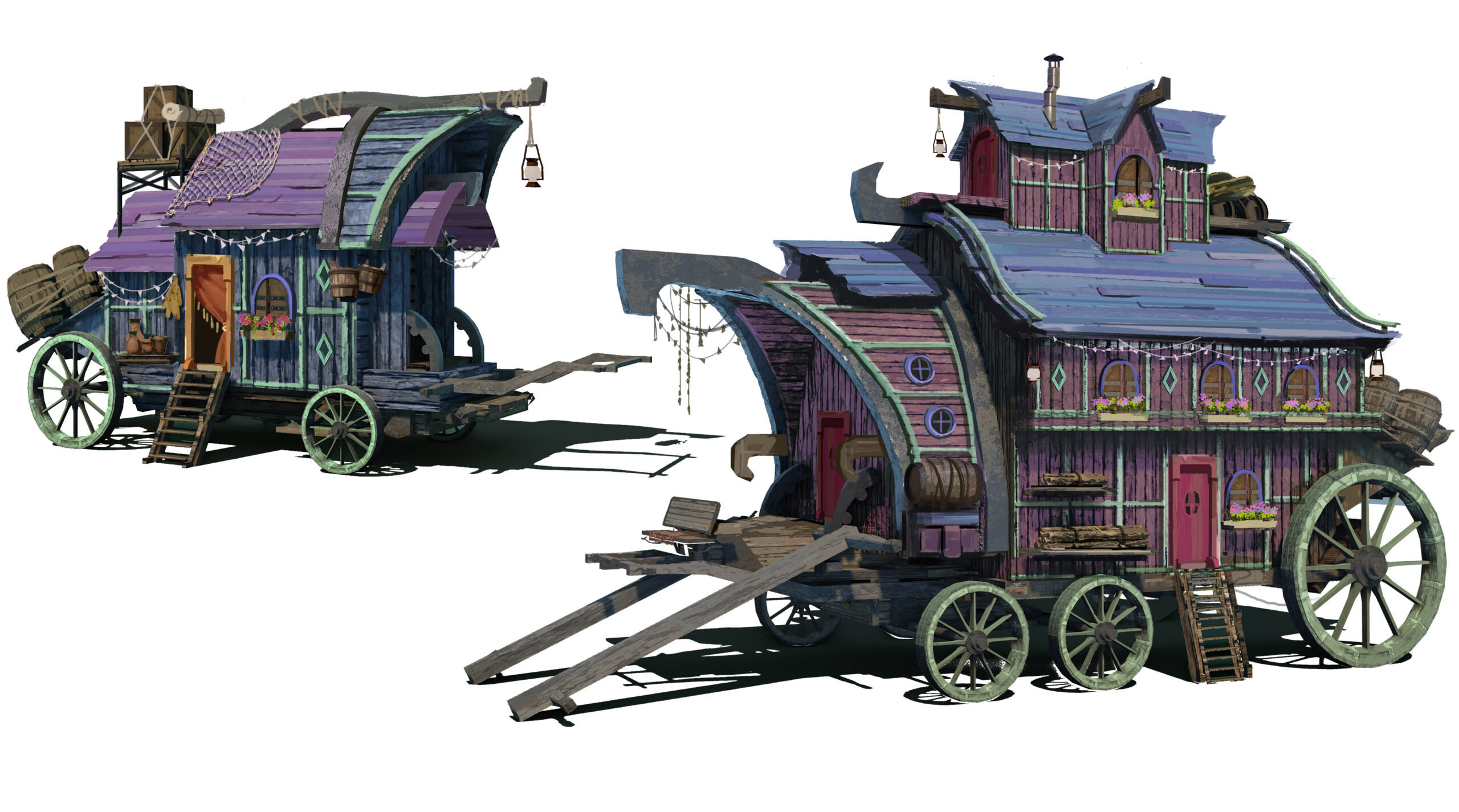
First, the queen’s most powerful mage declared he would push the waters away, until the her armies could walk on dry land to that new world. Yet after several boisterous attempts he generated only a few waves. Impatient, the queen ordered him thrown off the cliff, his body finally making good on a promise to part the waves.
A wizened sage next claimed she could pull the new land to their island, an idea the queen seemed to love. But this boast fared as well as her counterparts, thus her body was next cast off the cliff and into the sea. The queen’s oldest summoner claimed he would simply make the new lands appear before, which he did. Yet after many tries, he managed only a small mound of earth, thus he became a small mound flesh on the rocks below. One after another, the mightiest minds of the empire failed to satisfy the queen’s demand, until at last there came a carpenter up her steps. Quiet and poor, he had nothing but a few tools and a family to his name. Amused, the queen laughed and asked the weary carpenter how he would possibly bring his queen to this new world.
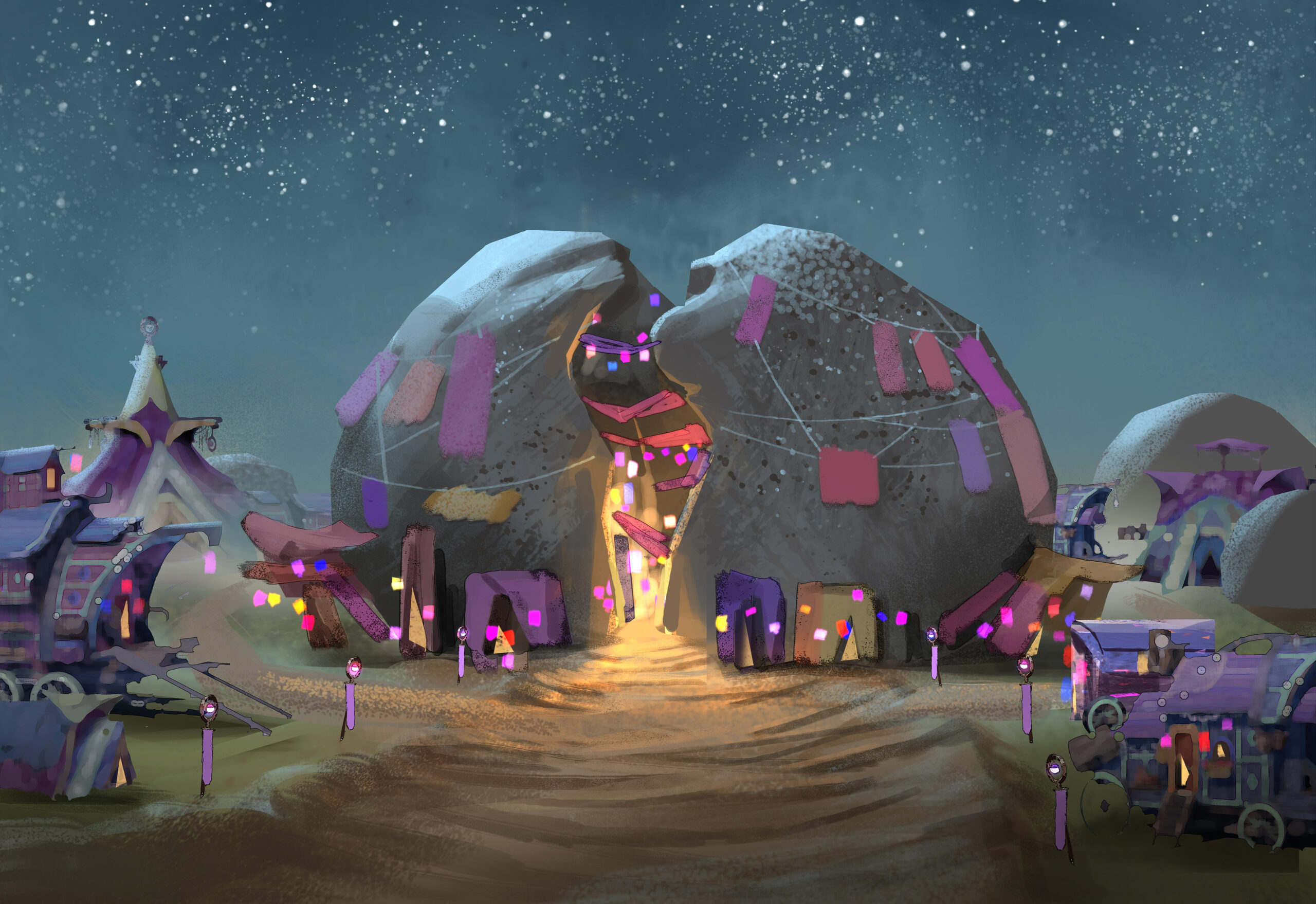
“I would build you a boat,” he said. “Indeed, I already have. It is a ship great enough to hold you and your army, and it is waiting on the shore. It is my life’s work, I had one day hoped to use it myself, but I offer it to you, my queen.” Falling silent, the queen demanded to be carried down to the shore to see the vessel. Her skepticism melted away under the promise that this craft was indeed the key to fulfilling her dream. Within days she and her army boarded the ship and cast off, leaving the island behind. The carpenter watched from the shore with his family, the ship speeding off, with a magnificent smile widening across his face. His wife observed this and asked why he smiled so large, when his greatest creation was being taken away.
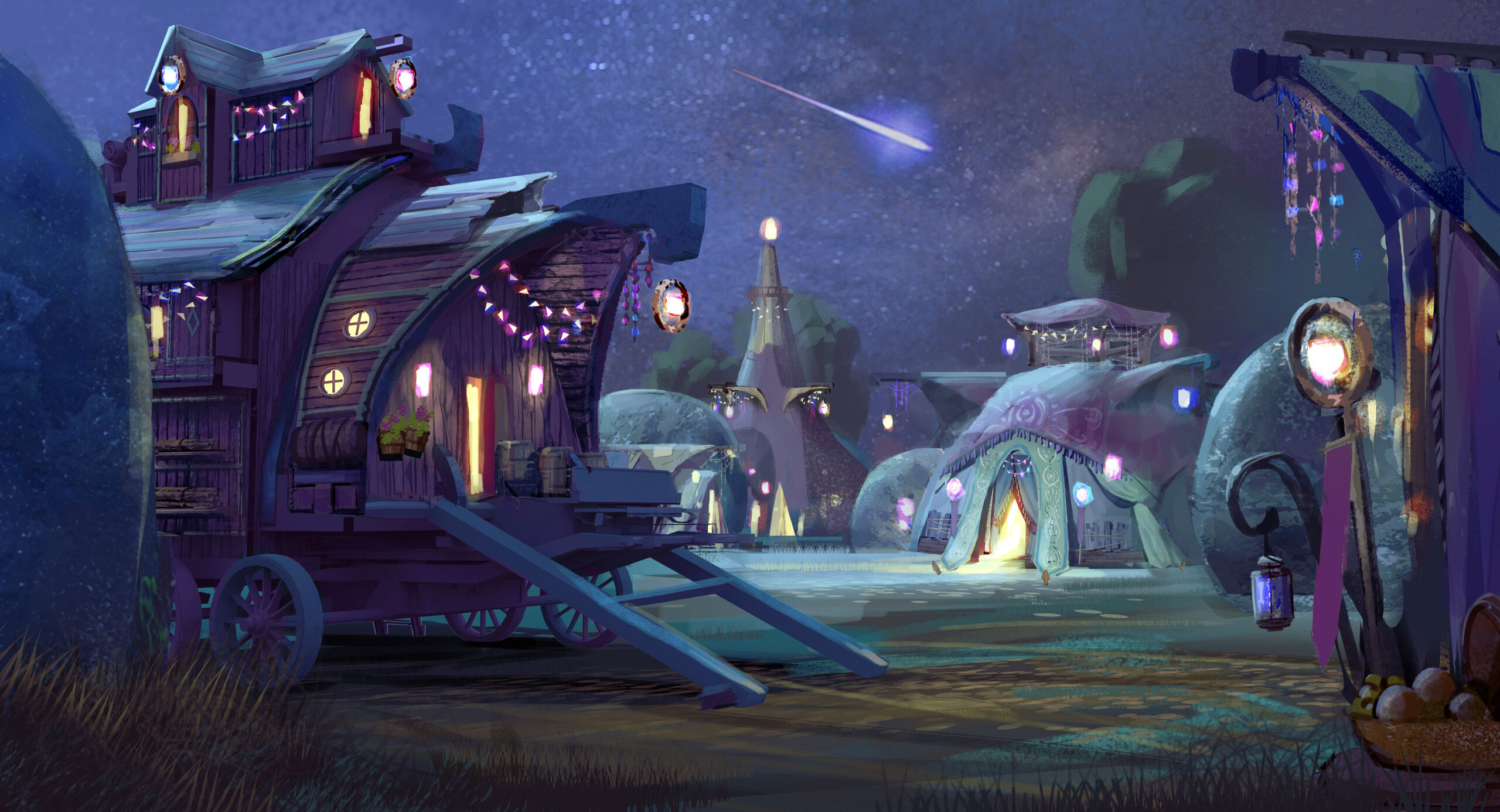
“What has been made once may be made once more,” he replied as the queen and her armies sailed toward the horizon, never to be seen again. “But what is lost may never again be found.”
Much like the Aridola, the islanders soon traveled the world, but never again served a queen or king.
| Producer’s Letter | Monthly Recap | Art of Pantheon | Lore of Pantheon | Community Feature |
|---|